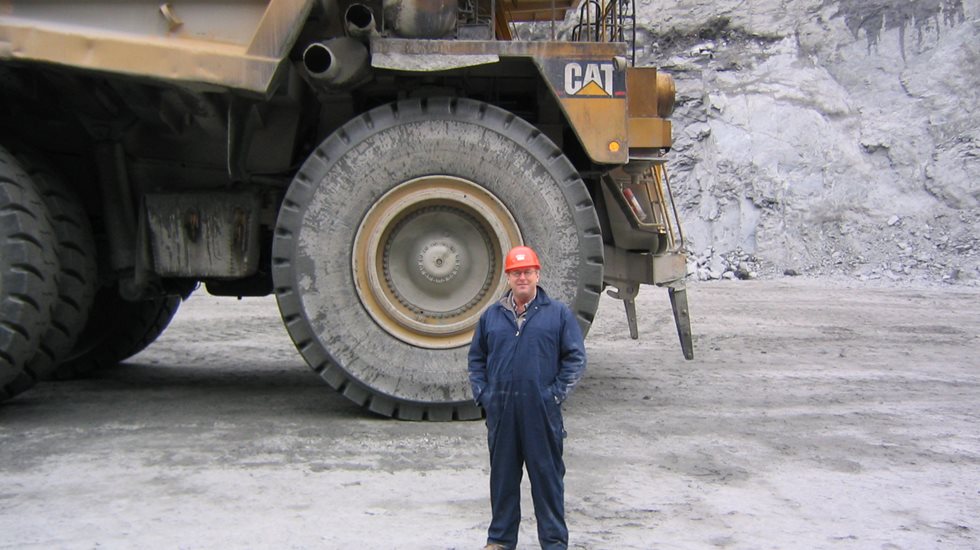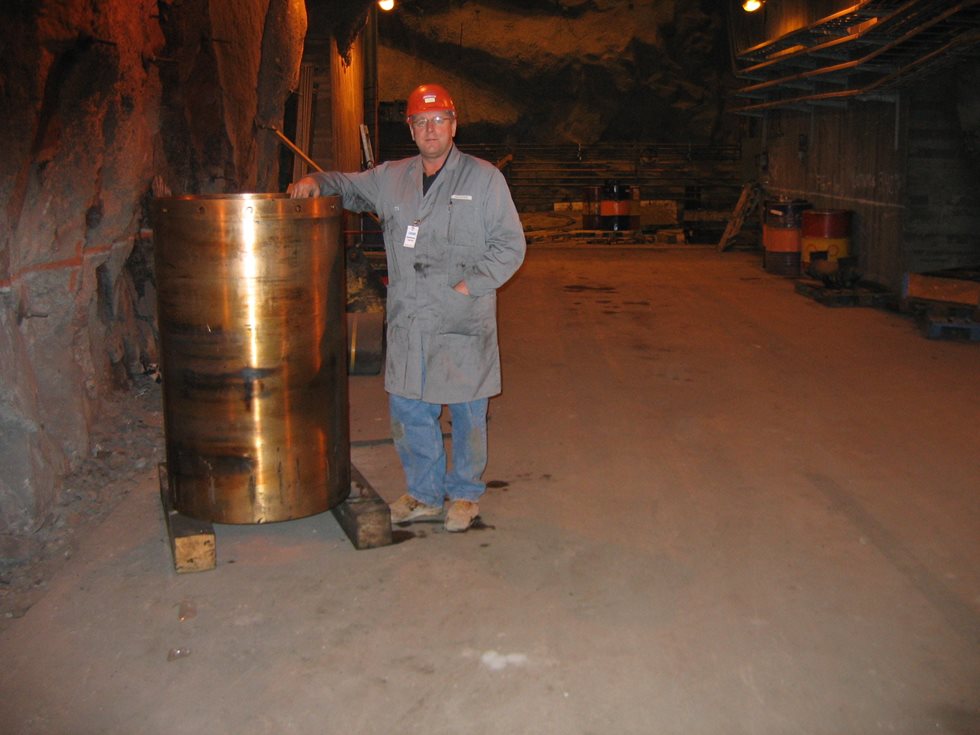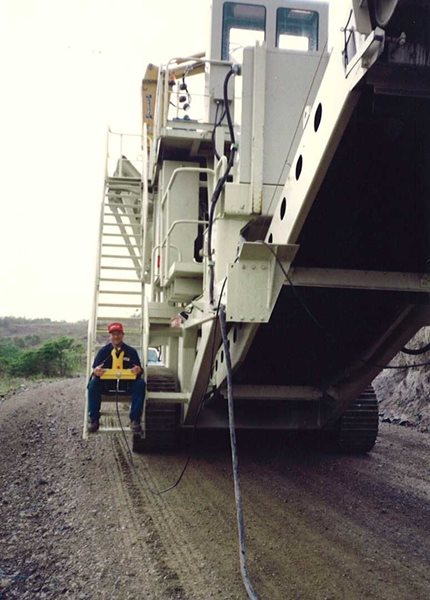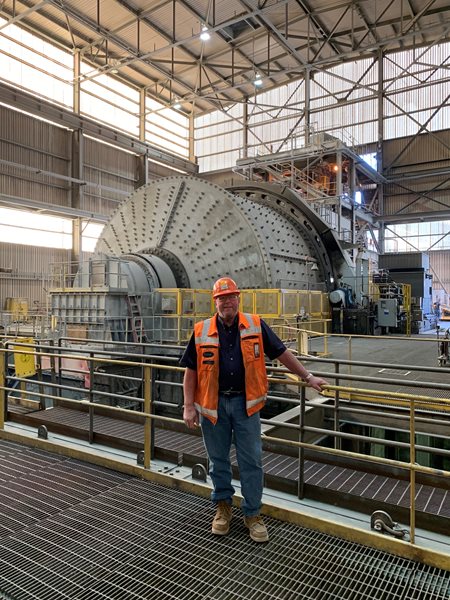Mark spent his first 19 years with Metso in the global field service department, where he was responsible for the installation, commissioning and repair of rock crushers and mineral processing equipment – both at home and overseas. He has always been able to deliver a fresh perspective and pertinent solutions to customers and distributors. In 2002, he moved over to the training department and became a Technical Training Instructor. He was promoted to Senior Technical Training Instructor in 2010 and to Senior Global Training Specialist in 2020. It is arguably in his role as trainer that Mark made the biggest mark on our industry.
So, as he prepares to hang up his cleats, what does Mark himself have to say to the global crusher community? We asked him to share some parting words of wisdom. While it’s obviously difficult to condense the lessons of a 35-year career into one article, with his trademark can-do approach, Mark has given it a go.




